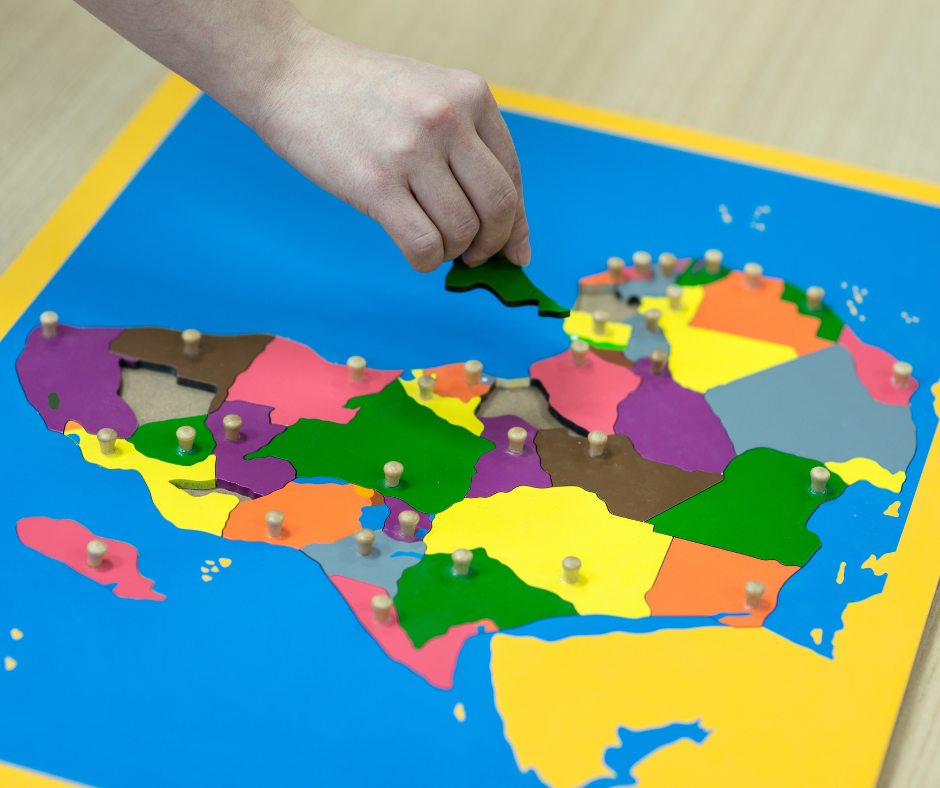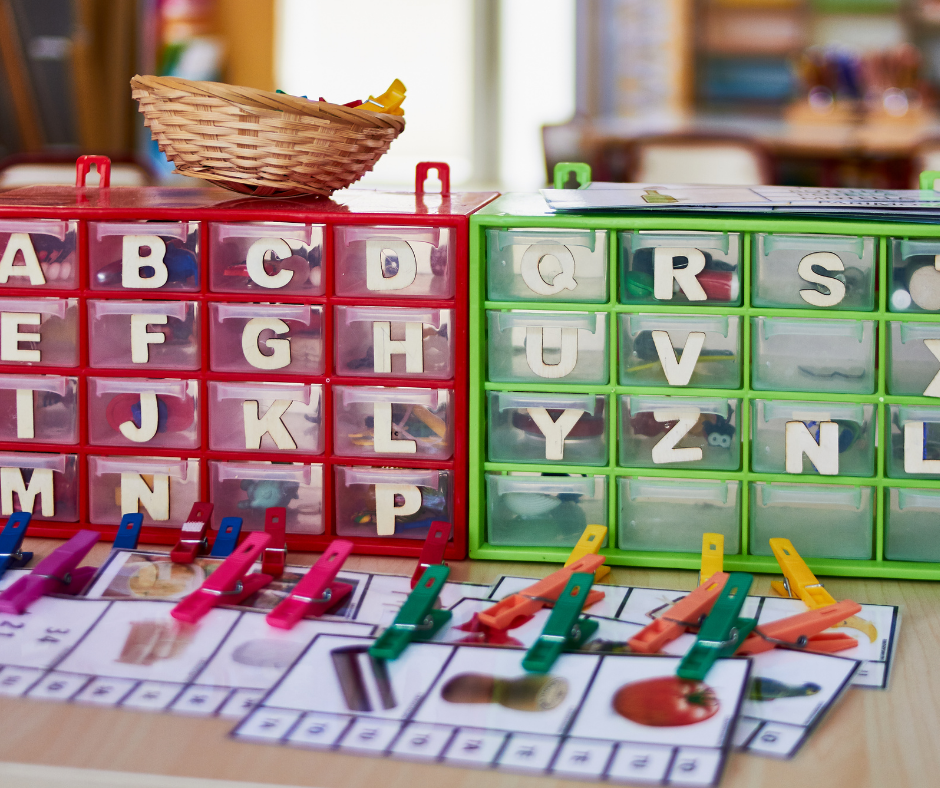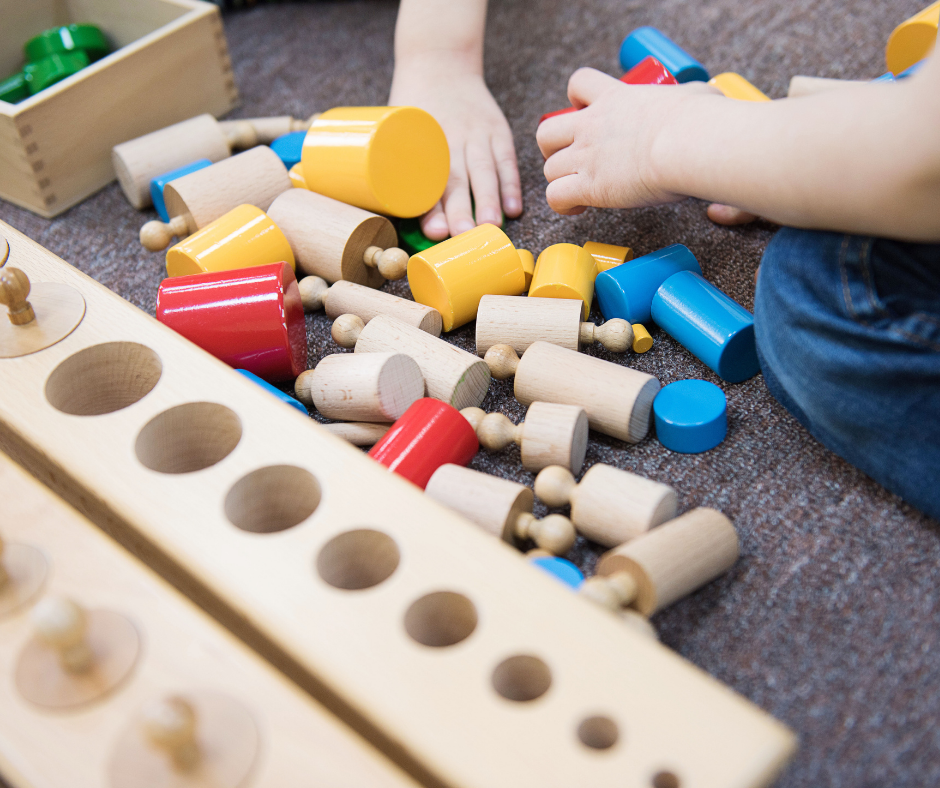Why Montessori?
- Each child is treated as an individual with unique talents
- Montessori promotes hands-on, self-paced, collaborative, joyful learning
- Children have the freedom to work at their own pace, without interruption, choosing from a range of activities that are developmentally challenging and appropriate.
- Mixed-age groups offer a wide range of activities to spark children’s interest and develop good social interactions
- Exploration is encouraged so that children discover things for themselves, make mistakes and correct them independently
- Children in Montessori follow their interests, wherever their passion leads; giving them strong academics, leadership, self-discipline, responsibility, independence, initiative and a lifelong love of learning
- Montessori education enables children to develop fundamental capacities that they need to become happy and fulfilled adults who contribute to society

Imaginative
Montessori states that “The true basis of the imagination is reality”
Montessori education believes that the imagination be encouraged through real experiences and not fantasy. It is important to allow a child to develop their imagination from real information and real experiences.
Dr. Montessori believed that young children were attracted to reality; they learn to enjoy it and use their own imaginations to create new situations in their own lives. They were just excited about hearing a simple story of a man going to the shop and buying bread, then they would be of hearing a made up story. She felt that once the child was fed with plenty of real life experiences the child can then develop their own imagination from reality.
“The young child has a tendency to create fantasies and dwell on them. Adults have been accustomed to consider these as proof of the child’s superior imaginative abilities. Montessori considered them proof not of his imagination, but of his dependent and powerless position in life”.

Independent
"Never help a child with a task at which he feels he can succeed." - Maria Montessori
It is always a goal of Montessori education in the classrooms to make the child independent and be able to do things for himself. This is achieved by giving children opportunities.
Opportunities to move, to dress themselves, to choose what they want to do, and to help the adults with tasks. When the children are able to do things for themselves there is an increase in their self belief, self confidence and esteem that they may carry on throughout their life.

Integrated
Montessori education is driven by an ambitious aim: To aid the child’s development into a complete adult human being, comfortable with himself, with his society and with humanity as a whole. Whereas the traditional approach to education, which prevails today, remains focused on the transmission of prescribed blocks of knowledge,
The Montessori approach is focused on giving support to the natural development of the human being. This in done with the understanding that the fully developed human being is then better disposed to learning the things that he needs to become an integrated and contributing member of society. The substance of the human being – the development of character and integration of the whole personality, are traditionally approached as values that must be instilled into the child. The result is children who are bored or stressed and a society with increasing levels of mental illness.

